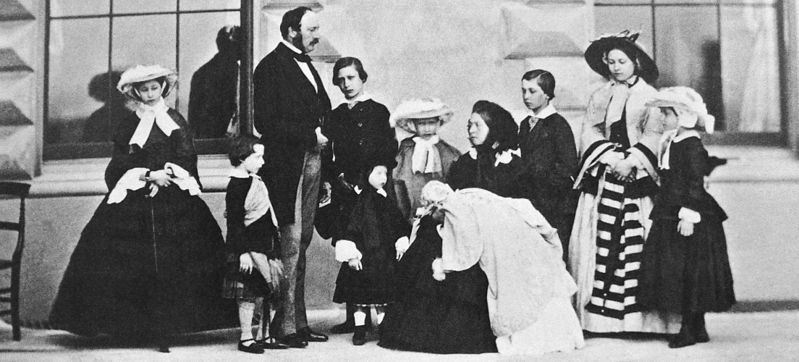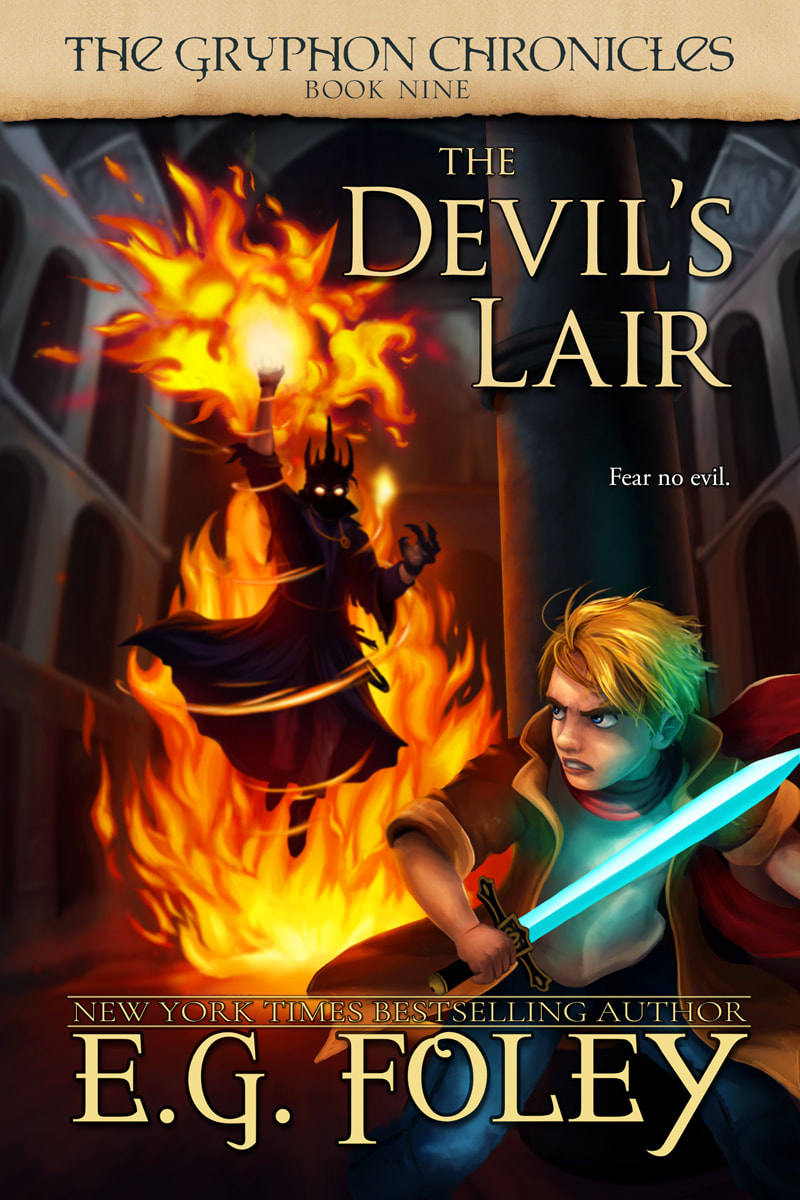 Hi Everyone! E here... JAKE EVERTON is an Earl. He inherited the title from his father, who in turn inherited it from his father, who inherited it from his father, and so on. Do you know where an EARL fits in in the whole British system? If you are anything like me when I was a kid, you have no idea. Growing up a typical American kid in the 70's, I never gave much thought to the British Aristocracy and their tradition of separating people into classes. It was so far removed from my reality that it might as well have not existed at all. Of course I had heard or Kings & Queens, but that was really about it. A "Count" was not a ruler of people, but a neck biter of people. And a "Baron" was just a WWI fighter pilot with a really COOL scarf. There is actually a lot to this ranking system. I will just give you the basics. And only focus on Victorian England since that's Jake's time period. "CHOP CHOP the King!" Kings of the past had total power. Kings could do and say whatever they pleased to whomever whenever. They were the TOP dog. Of course there was no king in Victorian England, so that power belonged to Queen Victoria. She and her husband Albert had nine children. The girls would be addressed as Princess Firstname, and the boys would all be addressed as Prince Firstname, but the boys would also hold the rank of royal dukes, which meant they are assigned to inherit a large estate and property from which the rents collected are supposed to support them. You would address all kids of the Queen as "Your Highness," EXCEPT for the next one in line to become the ruler, who is addressed "Your ROYAL Highness." Only the firstborn gets the "royal" treatment. ;) In most cases, for those below the royal family, an aristocrat's title was originally doled out by some long-dead King for a common man's act of bravery, valor, loyalty, or some other (not always honest!) favor that the man had performed for the King. (King Henry VIII - the guy eating the turkey leg - was infamous for giving away titles to various corrupt dudes who helped him carry out his nefarious deeds.) After the Monarchy came the land-owning class. Title & land were passed from father to son. More on that little nugget below. But first, the titled aristocrats in order of rank are: 1 - Duke and Duchess ("Your Grace") 2 - Marquess and Marchioness ("My Lord/My Lady" for this and all the rest.) 3 - Earl and Countess 4 - Viscount and Viscountess 5 - Baron and Baroness There were also honarary titles given to commoners by the King or Queen, namely Baronet & Knight. Both Baronets and Knights are addressed by "Sir" Firstname (like Sir George the ghostly baronet in the Lost Heir.) The title of Baronet is passed from father to son, as in the upper ranks,, but the title of Knight (or Dame, for a woman) had to be earned, and the title dies with its owner instead of being passed down to the next generation. Originally, knighthood was given to great warriors who had proved themselves loyal to the king. Nowadays knighthood is given to all kinds of people, like business moguls, scientists, and artists. (Sir Sting, Sir Mick Jagger. Bono was offered a knighthood too but I can't remember if the Irish rebel rocker turned it down or accepted.) This system of passing down titles is called primogeniture. Primo as in "first" and geniture meaning "birth." Why did they do it that way? Well, aristocratic families had a lot of money, property, and power, and assigning the main chunk of the inheritance to the firstborn male meant that laws were in place determining who among all the brothers and sisters would be the "boss" of the next generation when they all grew up. It was always the oldest boy. That way, they felt there would be less fighting among the siblings over the family's fortune when they grew up. The big brother couldn't refuse to be the Heir even if he wanted to--though he could be a greedy jerk and refuse to share the family's wealth if he didn't want to. However, such behavior was considered very "dishonorable" - and as you know from reading the Lost Heir, honor was extremely important to everyone in the 19th century. Being the heir came with a lot of responsibility. You see this even today in England with Prince William being always kind of nice and tame, well-behaved and dutiful...and then there's Prince Harry. *g* The wild one. This is a classic pattern for aristocratic/royal families in England, btw, as is Prince Harry's military service. Younger sons of the aristocracy traditionally went into either the military or the church. The firstborn brother would know he had to make sure that his siblings were ok financially when their parents passed away. Note that other than the military and the church, as mentioned, the aristocrats rarely got what we would call a job. They were gentlemen and ladies of leisure, living off the interest of their fortune in the bank; they also had business investments and were landowners who rented property to others. Why not divide the property and riches up among all the brothers and sister equally? you may be wondering. Well, they tried that system in Continental Europe, such as in France and Spain. The result was not so great for the families that tried that. Their lands and fortune got divided up into smaller and smaller pieces with each new generation--and not everyone in the family had the right temperament for managing a large estate and being responsible with the money. So some of the brothers and sisters would inevitably squander it. Oftentimes, under this "fair share for all" system, within a few generations, the money was gone and the once-grand aristocratic family ended up on the same level as their merchant-class neighbors. So the British saw that and stuck with the Primogeniture system, as it seemed to them the best way of keeping the great family fortune intact, concentrated under one guy's authority - HOWEVER that guy was responsible for making the family's money grow (like a money manager!) and not blowing it, so that the clan would continue to prosper for future generations. Not that he had to keep the books himself - they usually had "gentlemen of business" who advised them - but the eldest brother, as title-holder, got the final say on those big financial decisions. In the meanwhile, you may be wondering why the titles never went to the firstborn daughters? Well, SOME families actually took steps to get special permission to pass their titles down to firstborn girls - just like Queen Elizabeth is today in England, and Queen Victorian was in her day - both firstborn daughters next in line for the throne! But it was more the exception than the rule. Since that's a topic for a whole 'nuther blog post - or several - let's just say for now that in those days, women did not have the same legal status as men. Well that's my brief explanation of the British Aristocracy ranking system. If I had to choose, I would want to be a Baron. There's just something about that scarf:) How about you?
Sir E!
0 Comments
Leave a Reply. |
ADVENTURES IN
WRITING Welcome to our blog! Here we'll be sharing the constant surprises, delights, challenges and endless twists & turns of our lives as full-time novelists.
Join E.G. Foley’s Mailing ListSign up for News, Events, and Behind-the-Scenes Fun! Almost There!To complete your sign up, please go to your inbox and verify your email address. If you don't see the confirmation email, check your "Spam" folder or "Promotions" tab. Our Latest Release!
Archives
April 2024
|
|
© E.G. Foley 2023
|

 RSS Feed
RSS Feed




